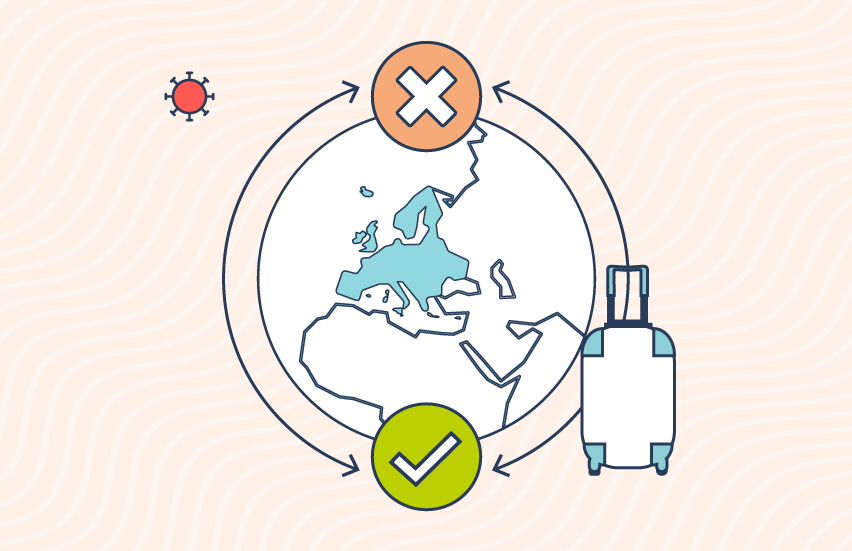Corona virus restriction in the Netherlands - new rules
The Netherlands said on Tuesday (Feb 15) it will drop almost all coronavirus restrictions, the latest European country to try to return to normal despite still-high Omicron variant infections.
Dutch bars, restaurants and nightclubs will go back to pre-pandemic opening hours and health passes will be scrapped by Feb 25, the health minister said.
Social distancing and face masks will no longer be obligatory in most places, while the quarantine period for those with Covid-19 will be shortened to five days.
Limits on the number of guests people can have at home will end immediately, while people will be advised to work from home for only half the week.
Nightclubs and bars can open until 1am from this Friday, before all limits on opening hours are scrapped the following Friday.
Young people should be able to unleash their wings.
The Netherlands will go back to normal closing times we had before corona.
People will still need tests for events with more than 500 people.
From Feb 25, keeping 1.5m away from other people and mask wearing will "remain sensible, but there is no obligation," with masks required only on public transport and in airports, he said.
Travel bans for several non-EU countries will also be dropped but travelers from EU nations must still show proof of vaccination or a negative test for now.
The health minister took office as part of Prime Minister Mark Rutte's new government in January and quickly signaled that he wanted to start getting society back to normal.
Moving on together: recommendations for everyone
After nearly 2 years’ experience dealing with coronavirus, we have learned how difficult it is to cope with the measures that restrict us in our daily lives. And with the relaxation of the measures. So we need to stay vigilant and help each other so that we avoid infecting others. The virus is still among us. So it is advisable for everyone to keep following the recommendations that have proven effective in limiting the spread of the virus: washing your hands, coughing and sneezing into your elbow, not shaking hands, keeping your distance and wearing a face mask in crowded places, making sure there is plenty of fresh air, self-testing regularly, getting tested when you have symptoms, getting vaccinated and getting a booster shot.
Self-isolation
The self-isolation recommendation will be relaxed as of Friday 18 February. The minimum period of isolation will be shortened from 7 days to 5 days (if you are symptom-free for 24 hours). You should still self-isolate after a positive test, even if you have had a booster vaccine. This will prevent you from infecting the people you live with and others. If you have tested positive and have symptoms of COVID-19, the self-isolation period begins from the time you developed symptoms. If you test positive but do not have symptoms, the period starts on the test date.
Travelling abroad
The Ministry of Foreign Affairs will no longer issue travel advisories based solely on a country’s coronavirus situation. Instead it will once again take all security and health risks into consideration. This means that travel outside Europe will soon become easier. From 25 February, travelers arriving in the Netherlands will no longer be required to self-quarantine.
The advice to travellers remains to prepare well before travelling. Coronavirus has not gone away. And measures still apply abroad. This includes mandatory testing, QR codes and face masks.
